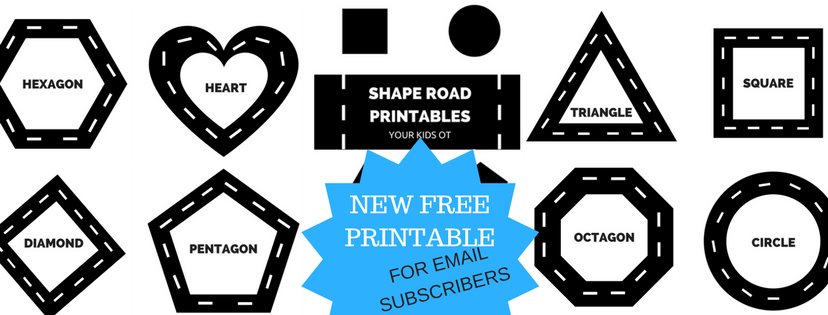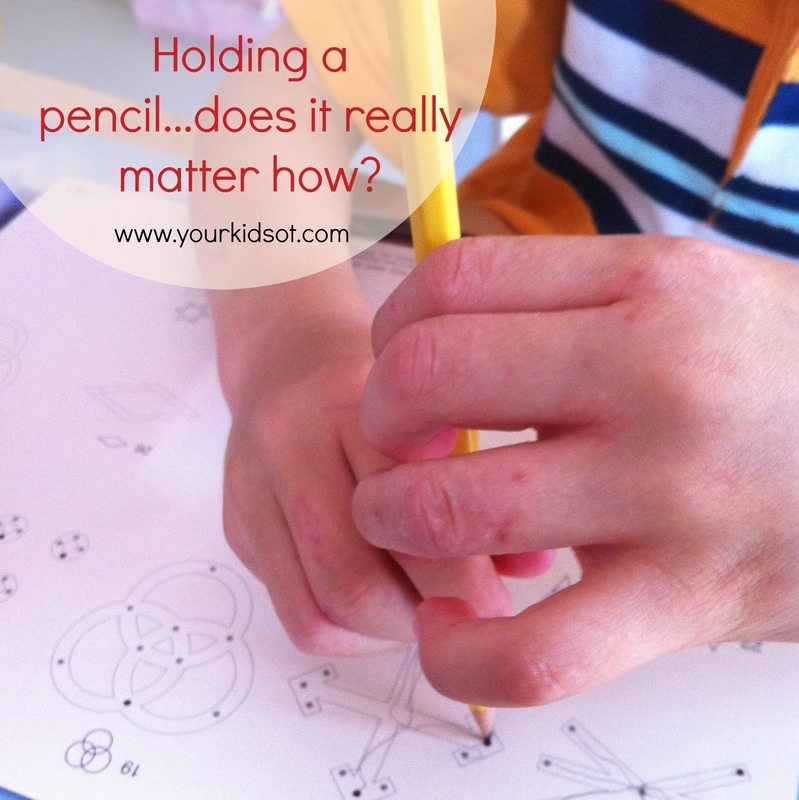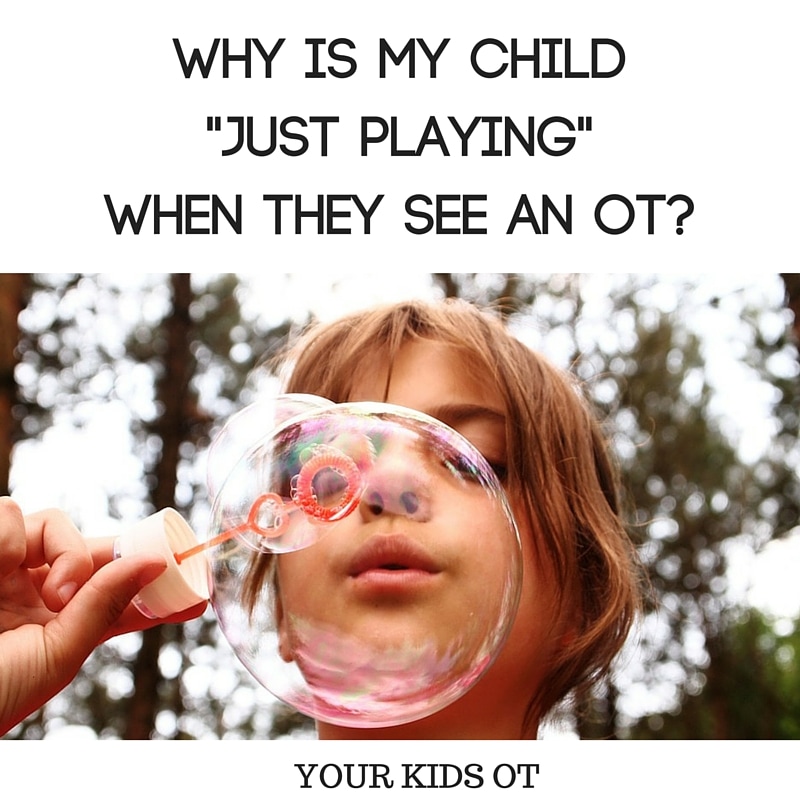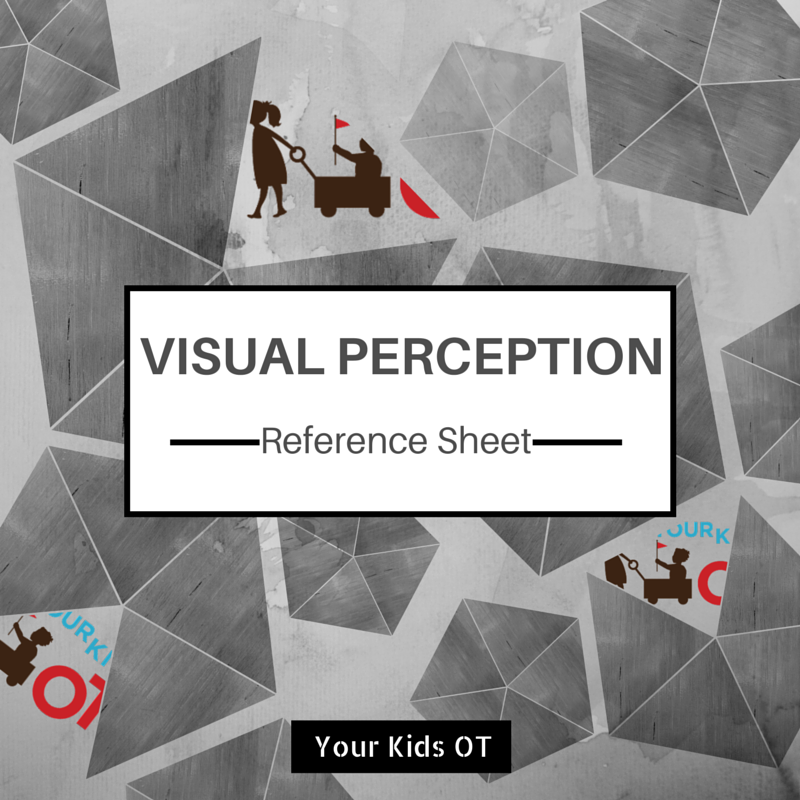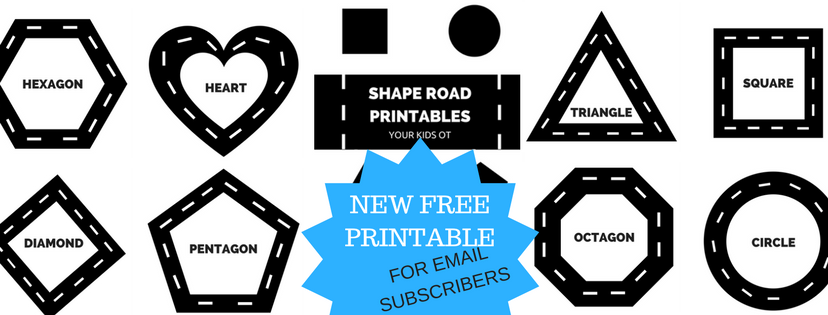|
The school playground can be an intimidating place! Depending on the school... lots of kids, lots of space and lots of noise! Surviving and indeed enjoying the school playground with friends, is often the main concern for parents as their children start school.
Children in the playground need to be able to initiate conversation, join in a group, negotiate, take turns, understand and follow rules in a game, co-operate with others, assert their opinion whilst listening to others, empathize appropriately and be a good sport! One of the keys to a positive experience in the school playground is the development of social skills prior to starting school. These skills may be encouraged over time whilst children play in their everyday settings. Social skills between children are learnt through play experiences with other children. These skills are important for communication , self confidence, resilience and positive relationships. Development of Social Interaction Skills By 3 years of age, children are playing beside each other with the same activity (parallel play). These children are interested in their own activity, whilst happy to sit next to anther child who is also interested in their own activity. You may find children in a sand pit where they are all playing with the sand (eg. digging, pouring, building) but they may not be playing the same game together. Children are beginning to take turns with other children. By 4 years of age, children begin to co-operate and negotiate their play with other children. They express play ideas and who will play what role, however they may also have difficulty resolving conflicts on their own. Children are starting to play group games with rules, learning to follow these rules and encouraging others to also follow the rules. By 5 years of age, children can co-operate and negotiate in their play. Games and imaginary play are becoming more complex and organised. Children are learning to approach others to join in a group as well as assert themselves to manage conflict. These children are learning to stand up for themselves against antisocial or undesirable behaviour from their peers. By 6 - 8 years of age, children are learning about good sportsmanship in games (being a good winner and a good loser). They are learning how to empathize with other children and offer support. Children are also learning how to communicate their needs and ideas, whilst respecting and listening to the needs of others. They are working out how to negotiate when disagreements arise as well as making joint decisions. Whilst these social skills are written with age guidelines, you may find older children also participating in the types of play listed for younger children. This is especially common when children are meeting each other for the first time or getting to know each other. For example, when children start school they are unfamiliar with their environment and the other children so may be happy to play alongside other kids with limited interaction.
Some children will have difficulty with the social skills required in a playground.
Here are 5 ways to help your child's social skill development! (1) Provide social situations where child interaction is fostered - These might include places such as a park, the beach, play date at home, church playground, local pool, camp ground, etc. (2) Modelling
(3) Game Play
(4) Stories
(5) Collaboration and Conflict Resolution
Setting up a successful playground environment for children who have difficulty with social skills!
Some children (such as children with Autism Spectrum Disorder) may continue to struggle in a playground environment because of difficulties with social skills. There are some playground modifications which can help these children as well as others. (1) Provide quiet spaces. Playgrounds should provide places for social interaction as well as spaces where children may be alone or in a quiet space. This may be a bench under a tree, a fort, grass area or the library where children are encouraged in quiet time. (2) Provide some structure within the playground. This may include time to eat in a certain area then time to play in a certain area. (3) Provide opportunities for structured games. This may include an area for board games, table tennis, hopscotch or basketball, etc. (4) Provide opportunities for a "club" run by a teacher or older students. This may include gardening, music, chess, frisbee, etc. (5) Provide a visual timer or clock so children can monitor how much time they have in the playground. (6) Provide a designated place for children to "meet up" in the playground. (7) Assign children to a "playground buddy" to look out for another child in the playground. (8) Provide a visual checklist of activities children may do whilst in the playground. Maybe a few strategic posters could be placed outside the classroom windows. This may include eating lunch, playground equipment, visiting the bathroom, reading a book or it might include action pictures such as star jumps, frog jumps, hopping, etc. (9) Provide playground equipment which requires more than one child to operate. The "We-Saw" is an example of this sort of equipment which encourages social interaction. What are your best tips for supporting children in the playground? This article is part of “Functional Skills for Kids: 12 month series by Paediatric Occupational and Physical Therapists”. You can find lots of great tips and tricks to help your children thrive in the playground in the links below! Developmental Progression of Playground Skills | Your Therapy Source Promoting Fine Motor Skills at the Playground |Miss Jaime OT How to Support Gross Motor Skills Needed for Playground Success | Mama OT Sensory Integration Therapy at the Playground | Sugar Aunts Modification Ideas for Playground Equipment for Children | Growing Hands-On Kids Playground Rules to Break for Greater Play Skill Development | Kids Play Space Playground Games and Activities for Kids | The Inspired Treehouse Essential Social Skills To Survive the School Playground! |Your Kids OT Developing Visual Skills and the Playground | Therapy Fun Zone
References:
Stagnitti, K. (2013) Learn to Play. A practical program to develop a child's imaginative play skills. Co-ordinates Publications. You may also like: Comments are closed.
|
AuthorHi, I'm Cindy and I am an Occupational Therapist. I enjoy working creatively with children to see them reach their potential. Read more about me here. SEARCH THIS SITE
Archives
June 2024
Categories
All
Popular Posts |
Join the YKOT e-newsletter!
Subscribe to get our latest content by email and receive
the SHAPE ROADS PRINTABLE NOW!

Success! Now check your email to confirm your subscription and receive your free printable!
Join our Mailing List!
Subscribe to get our latest content by email and receive
the SHAPE ROADS PRINTABLE NOW as a thankyou!

Success! Now check your email to confirm your subscription and receive your free printable!
Disclaimer: The information on this site is general in nature and should be used for educational and entertainment purposes. The activities are safe for most children, however, you should consult an Occupational Therapist or health professional to address specific movement, sensory or other medical conditions. This blog does not replace formal therapeutic professional advice given by a health professional or medical practitioner. Reviews and endorsements of products will only be made based on my expertise and personal opinion; and deemed worthy of such endorsement. The opinions shared in sponsored content will always be my own and not that of the advertising company or brand. Content, advertising space or posts will be clearly identified if paid, affiliated or sponsored. Affiliate links may be found throughout this website in advertising. This means that if you follow through with a purchase from these links, Your Kids OT will receive a percentage of the sale. Your Kids OT undertakes to meet the requirements of the "Social Media Policy" as published by Australian Health Practitioner Regulation Agency (AHPRA). Further information about this policy can be found here.
Find meFollow me |
About me
AuthorHi, I'm Cindy and I am an Occupational Therapist. I enjoy working creatively with children to see them reach their potential. Read more about me here. |
Copyright © 2017 Your Kid OT

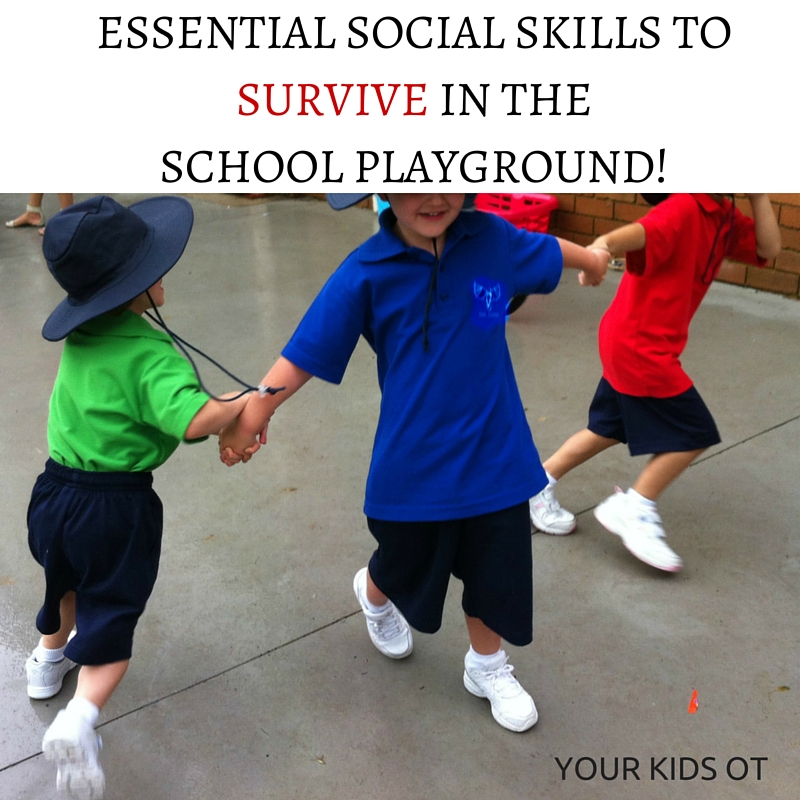

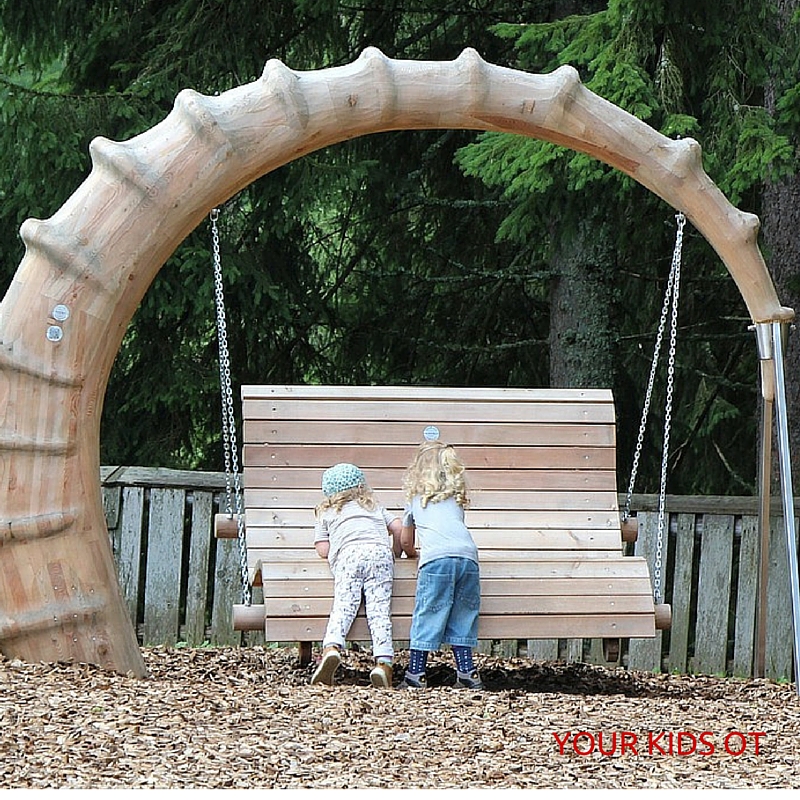
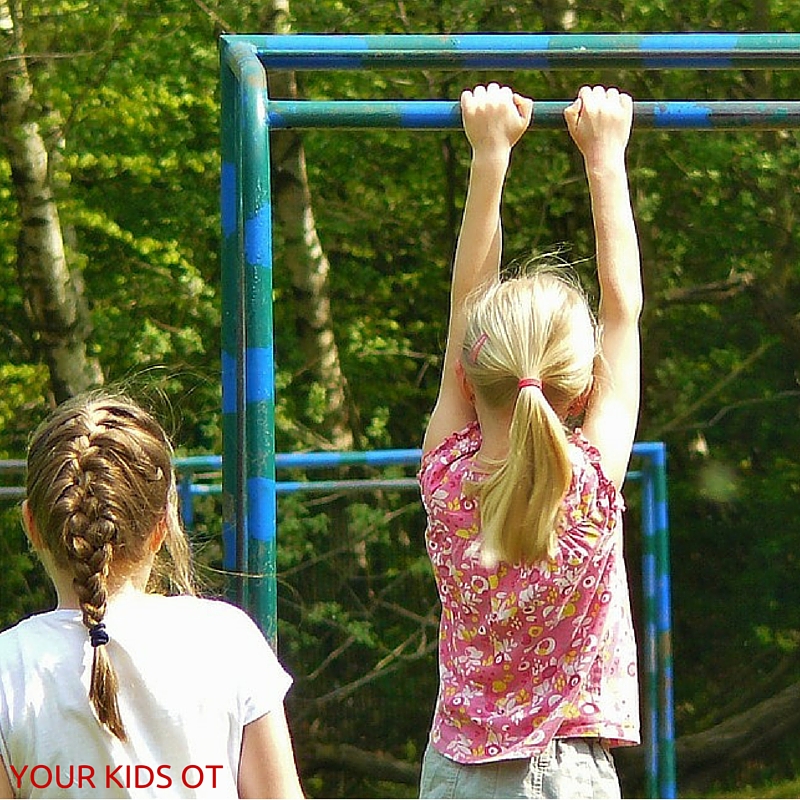
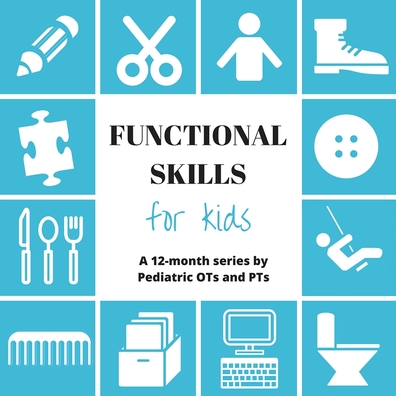
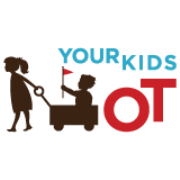
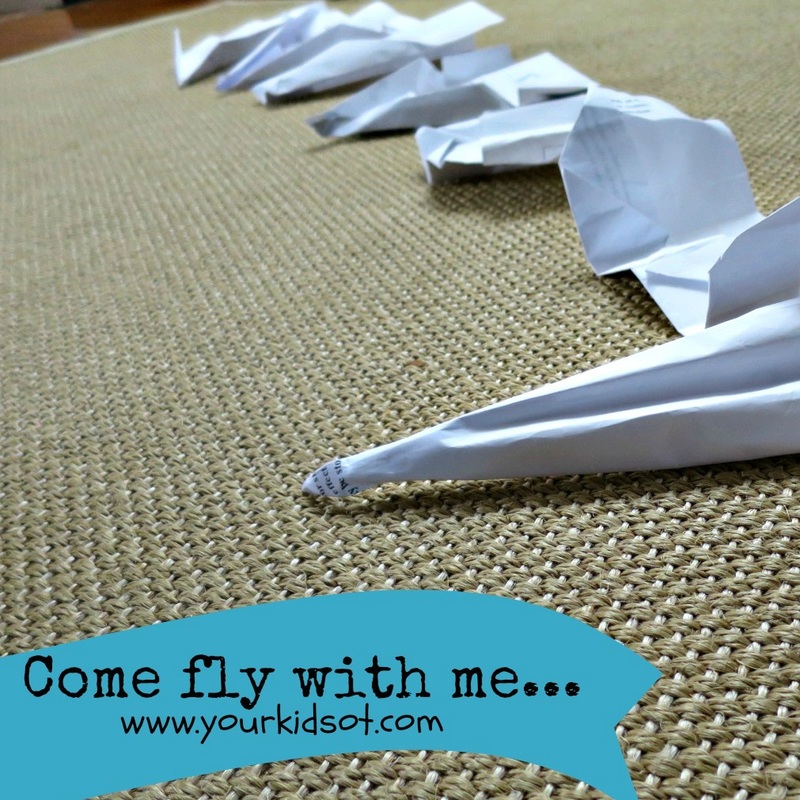
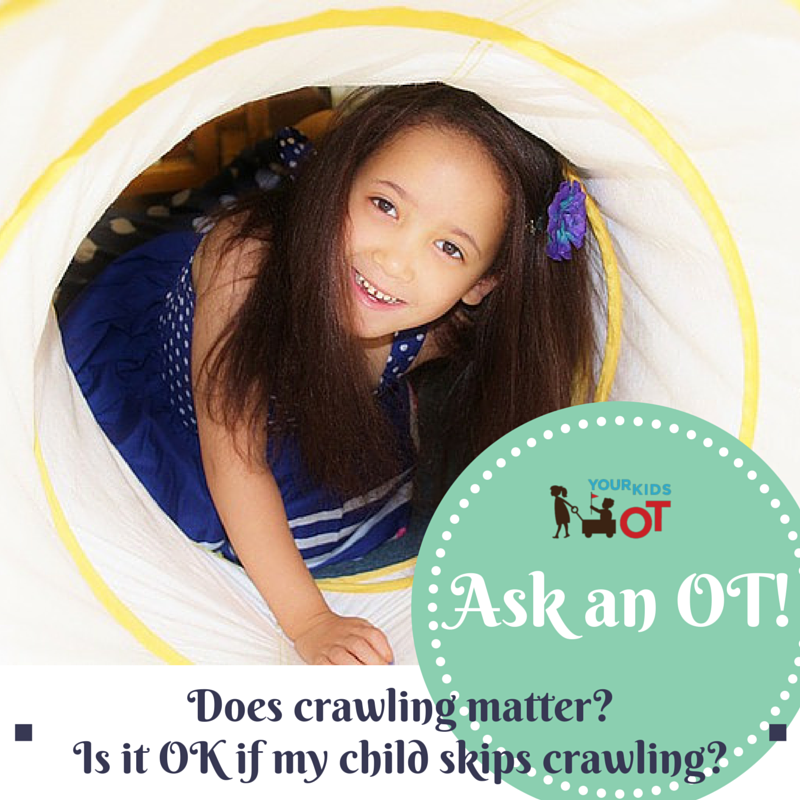

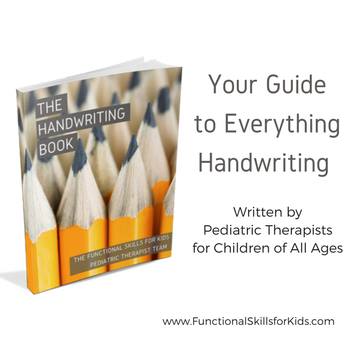
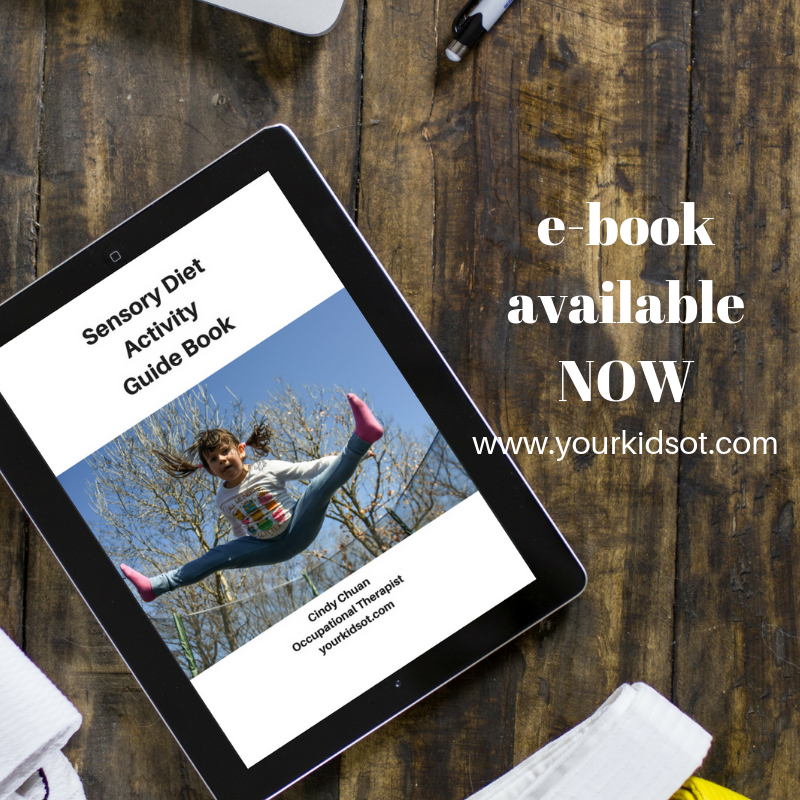
 RSS Feed
RSS Feed
